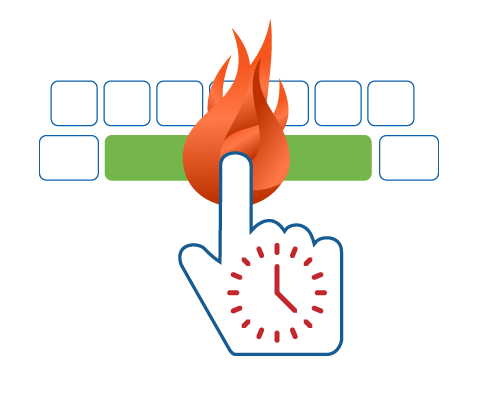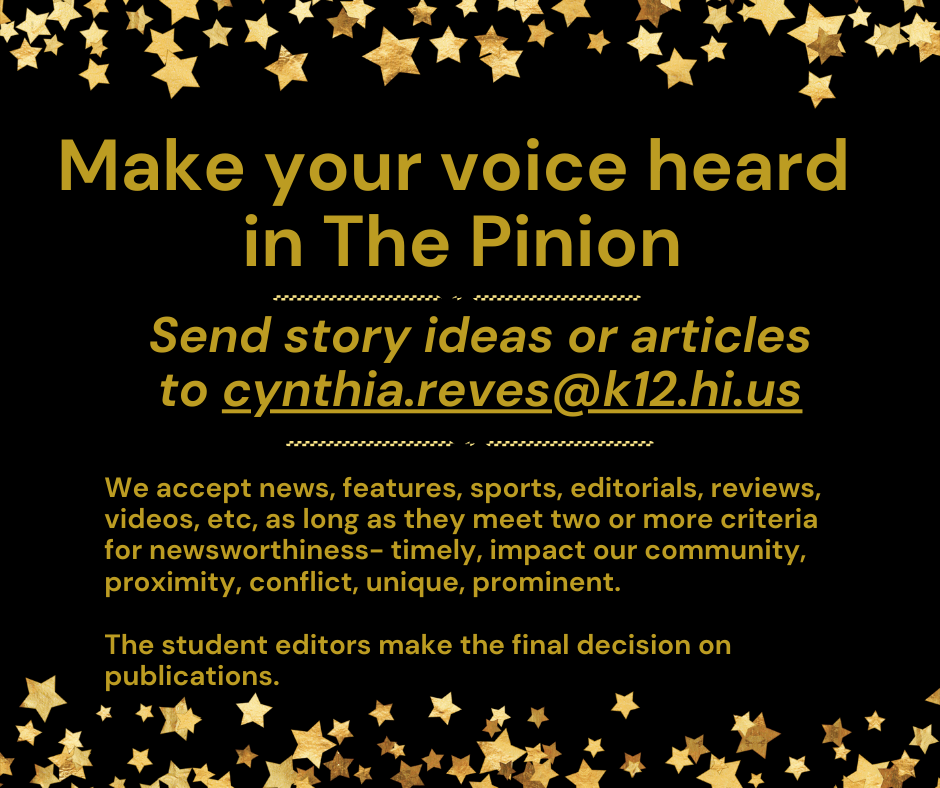Negative Marks for Reading Plus (Opinion)
December 13, 2020
McKinley Tigers have encountered many new experiences this year, and that includes the Reading Plus initiative. Students must complete six assignments per week. This reading program was used by a small group of students last year, but this year it is replacing Accelerated Reader for everyone and will be required for 20/20. English teacher Irene Tanaka said Reading Plus is “a more accurate way to represent a student as a reader.” Tanaka said she thinks Reading Plus can help teachers see what exactly students need help with, “[Y]ou have to do a little bit at a time […] for results to show.”
For some students, Reading Plus takes less time to complete and they enjoy that they don’t have to self-report anything.
Despite these benefits, the program is so unenjoyable that its requirement should be reconsidered.
Art teacher Eren Padilla and math teacher Shuko Matsubara said they are finding many of their 20/20 students struggling to complete the required six assignments per week. Lots of their students are finding difficulty in the SeeReader® activity, where students answer questions after reading an article of their choice, while they speed through the ReadAround activity, where students need to score a certain amount of points to master vocabulary.
Many students join me in their dislike of this program.
McKinley senior Tiana Reyes said the Reading Plus stories are more boring than the selections for Accelerated Reader. “It’s hard to even be slightly interested in the stories they have,” Reyes said.
Senior Leena Tani said when she reads at her normal speed, “the thing just scolds you for reading fast.”
She said, “It’s like it just assumes [we’re] all bad at reading and that’s a bit demeaning.”
For a program that is said to promote reading, punishing students for reading at their own pace is discouraging.
“I’m scared that Reading Plus would make me read slower and not as good as I used to,” Tani said.
This concern is not uncommon.
“[A]re you kidding?” was a reaction from a student who found out she was put on hold for reading too fast even though she passed the reading comprehension questions of the activity that she was doing.
Senior Xinyan Zheng said she wanted to upgrade but couldn’t.
“I wanted to get a higher reading rate but they were like this is too fast you can’t. ”
This is an experience many students have encountered.
Senior Brian Wu believes that the “questions [don’t] relate to [article.]” The reading comprehension questions don’t seem to actually measure reading comprehension
Wu is also concerned about the Reading Plus scoring algorithm. In the SeeReader® activity, students who score consistently low are placed in support mode where they give you two more reread opportunities. When asked if the support mode was beneficial to him, this is what he had to say: “[I] [don’t] understand the point of it. [I] pause the reading, tab out and come back and it resumes without me,” said Wu.“[I] hate how to pause something, [it’s] the [space bar] instead of a more stable key.” It is unrealistic to assume that all students can face zero distractions while doing their Reading Plus assignments without having to pause once in a while.
“There is no such [thing] as ‘comprehension,’” said another McKinley senior. ”There is only skimming and [guessing on] five questions.”
This too accurately summarizes many students’ experience with Reading Plus.





